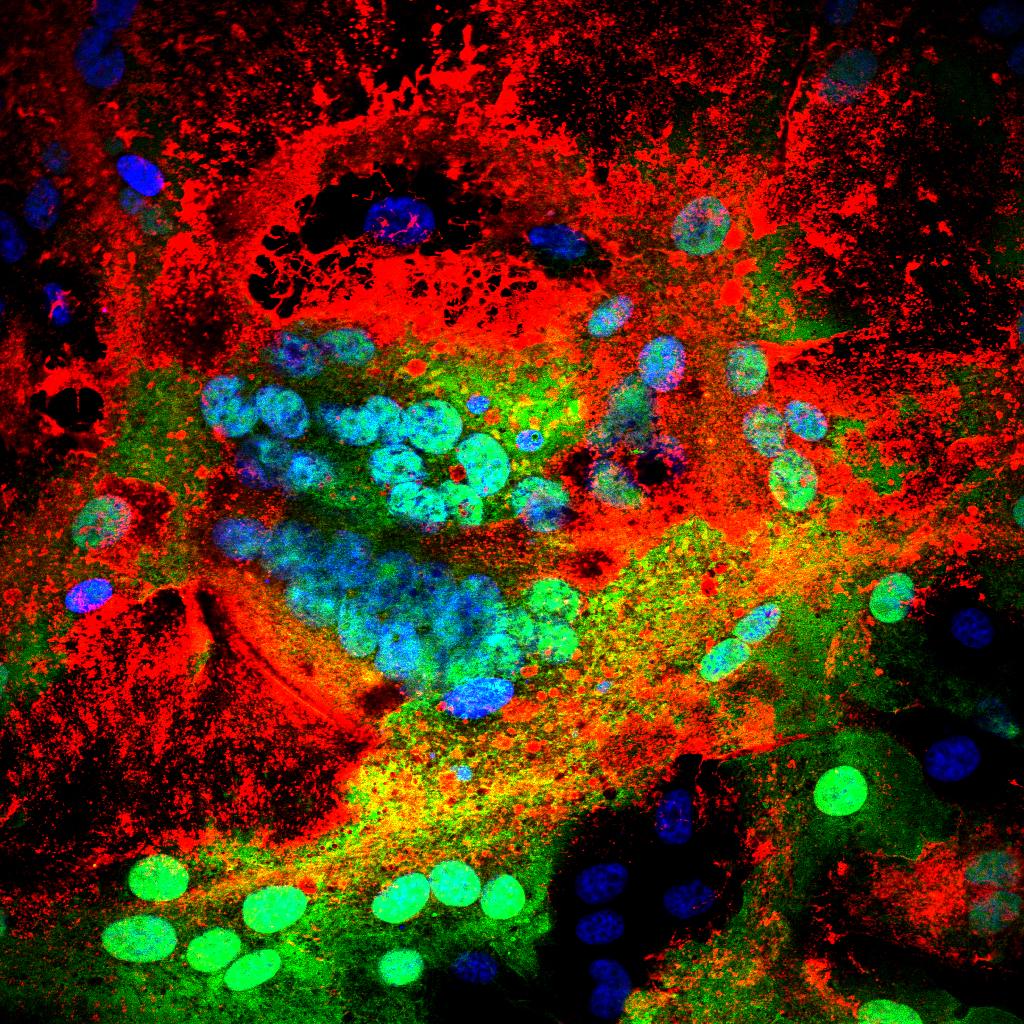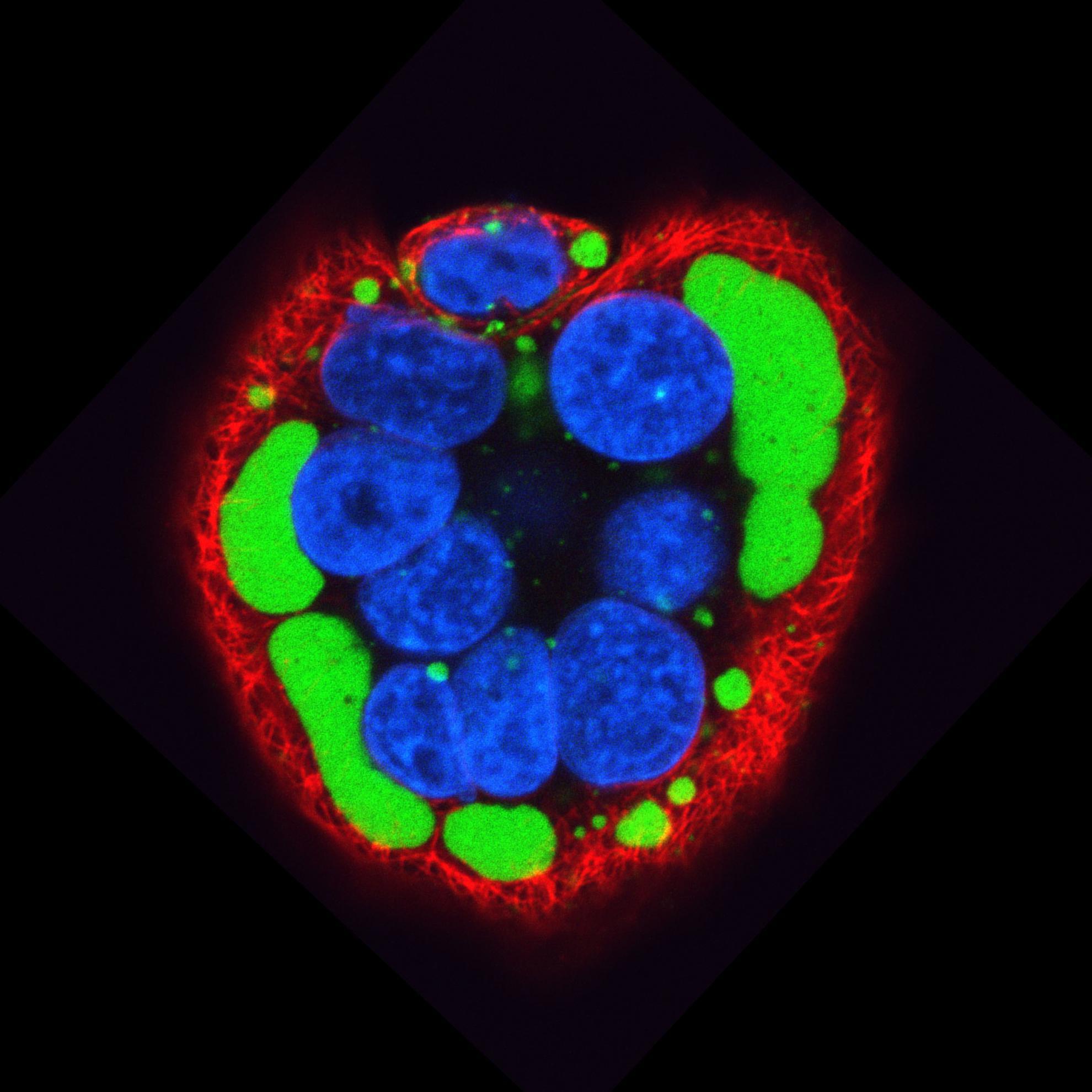Rinderpest virus lineage differentiation using RT-PCR and SNAP-ELISA
An RT-PCR/ELISA system has been developed that detects and differentiates Rinderpest virus (RPV) from the other closely related morbillivirus of ruminants, Peste des petits Ruminants virus (PPRV). In addition, using lineage specific probes, it is possible to determine whether the virus sample is wild-type or vaccine, and the likely origin of the outbreak if it is wild-type. It involves carrying out a RT-PCR with one digoxygenin (Dig)-labelled primer followed by a hybridisation step with a virus-specific, biotin-labelled, probe. The hybridisation step is carried out in an ELISA format on a streptavidin-coated plate. The DIG-labelled products are detected using a specific anti-DIG monoclonal antibody and an anti-mouse horseradish peroxidase conjugate. The hybridisation step replaces nucleotide sequencing or nested PCR for confirmation of the identity of DNA product. The assay is fast and easy to carry out and can give semi-quantitative estimates of the virus content of samples.
Back to publications

